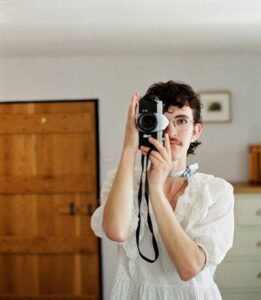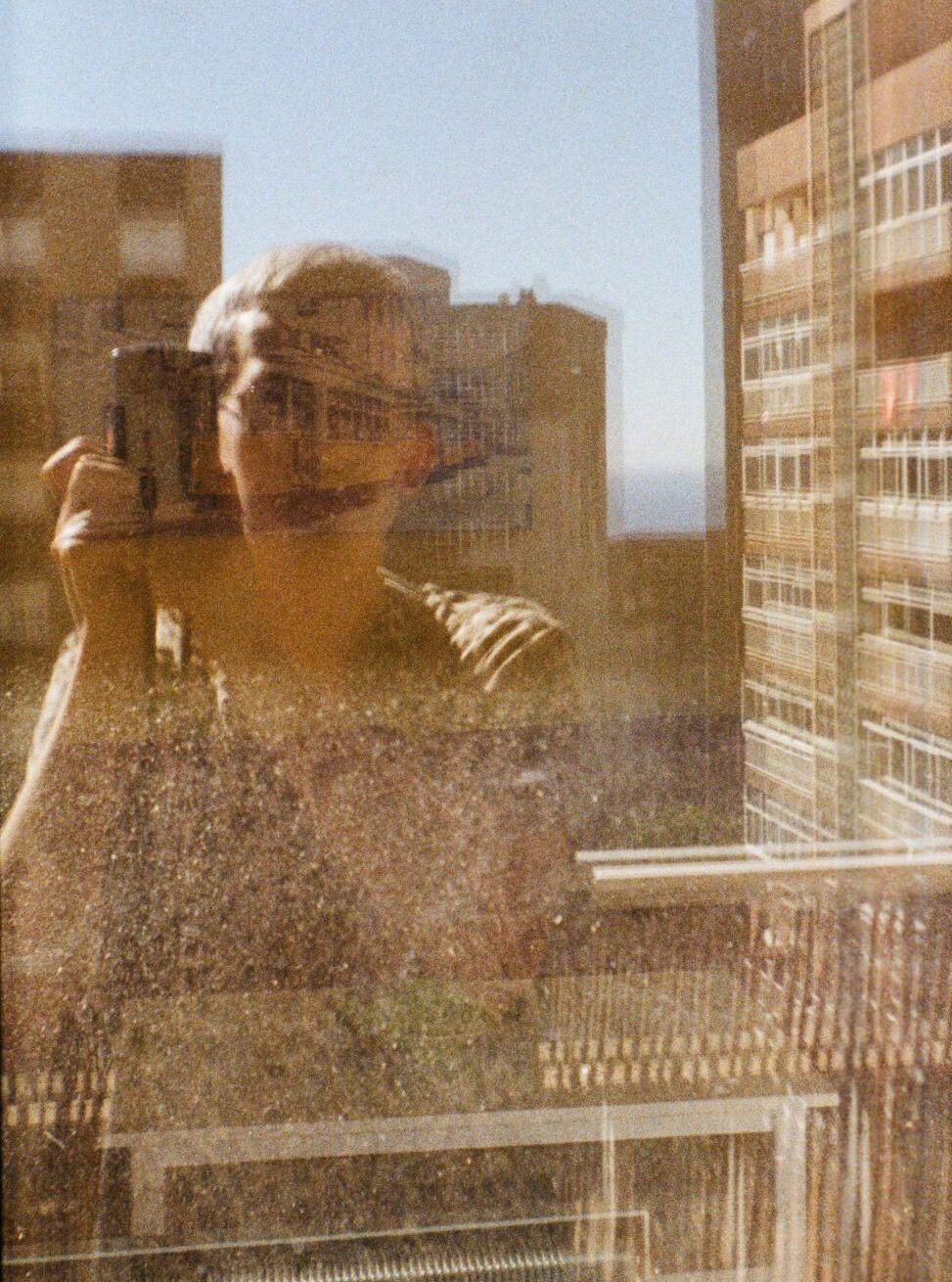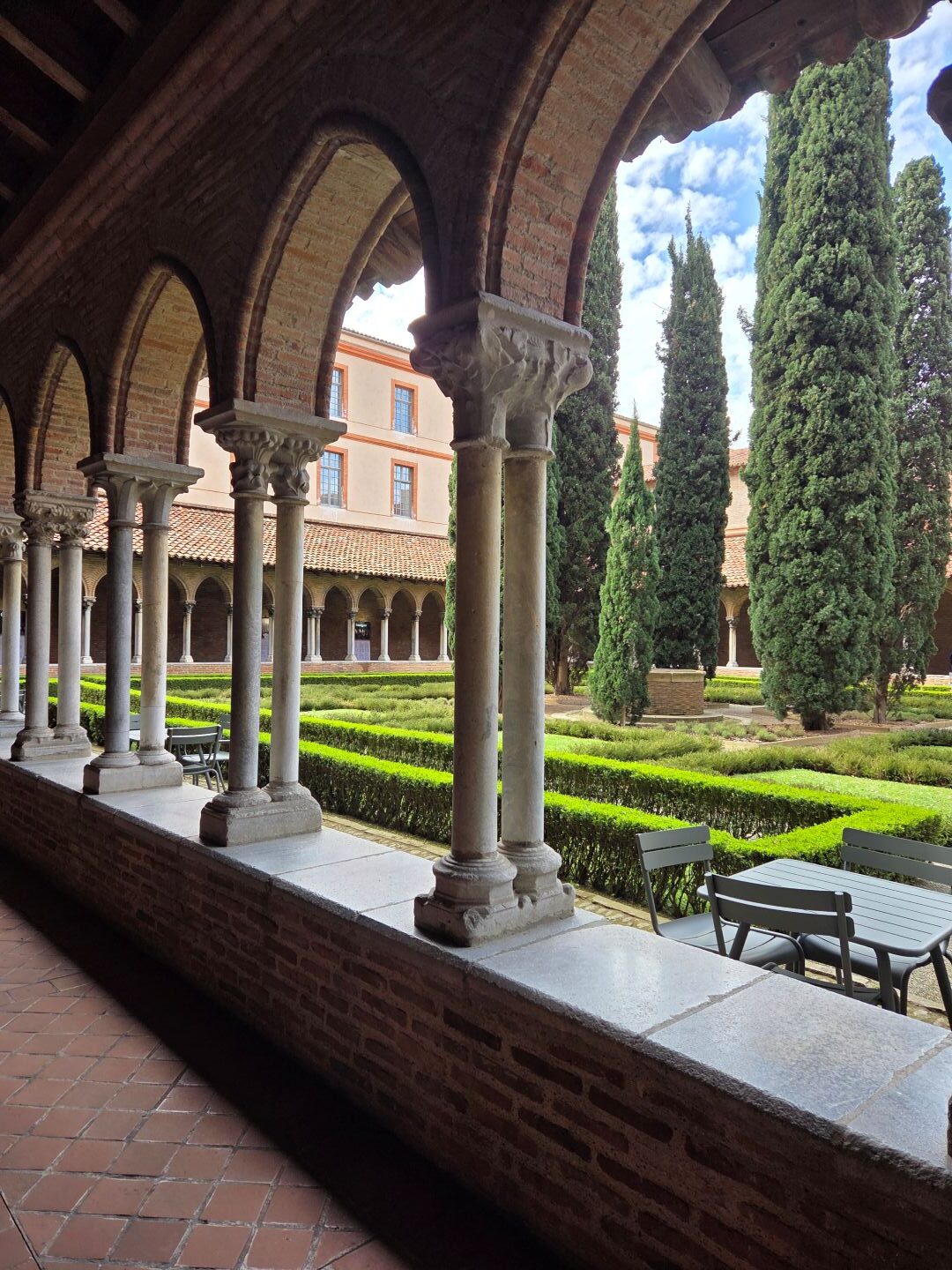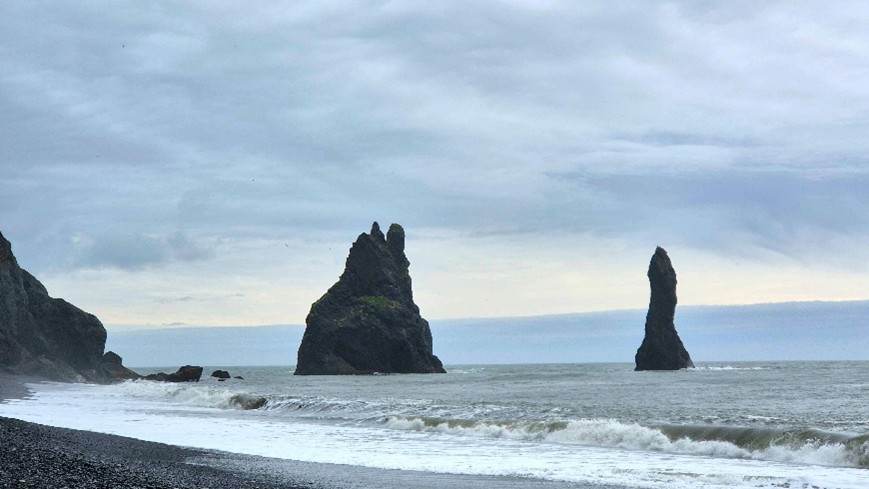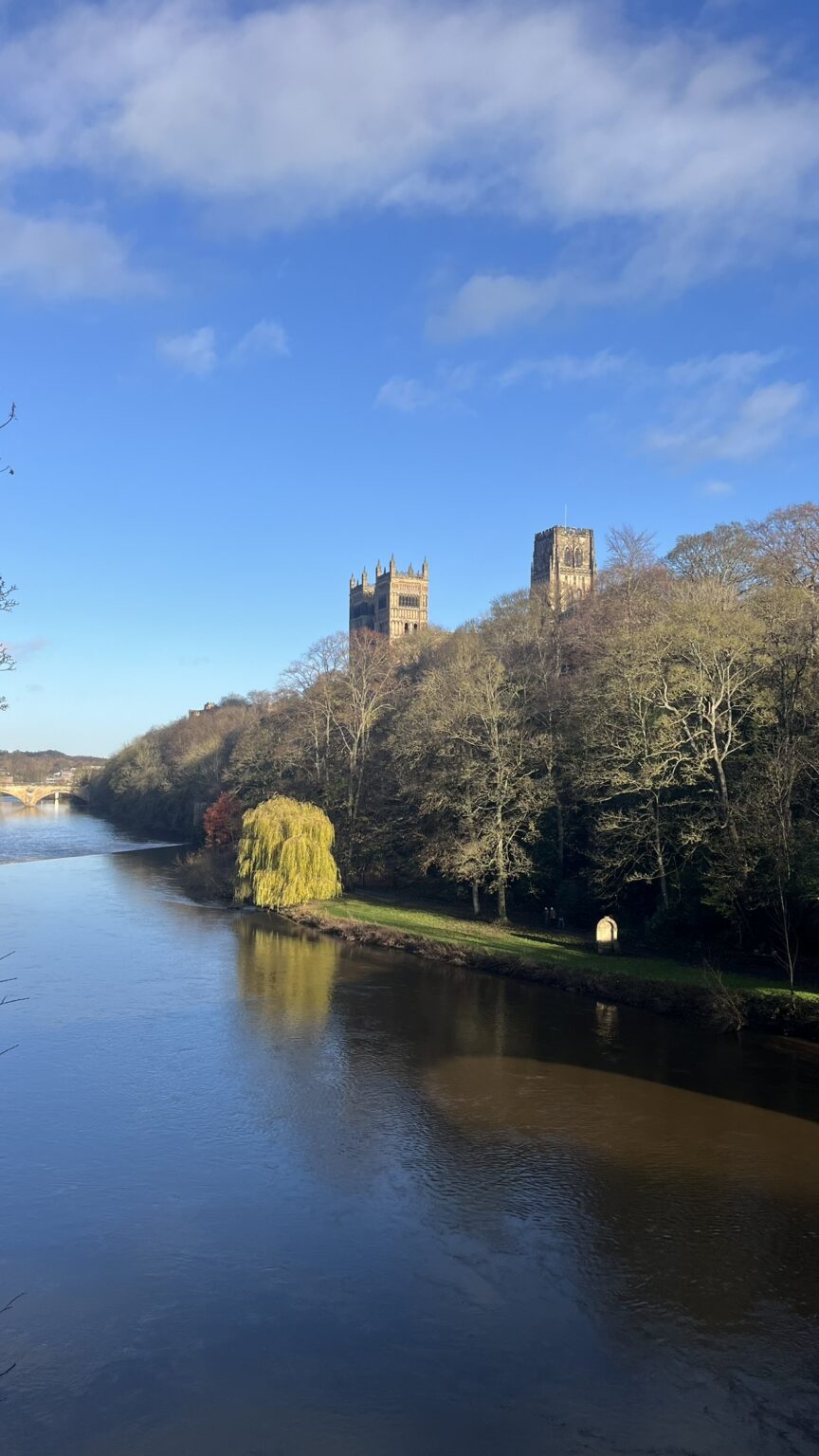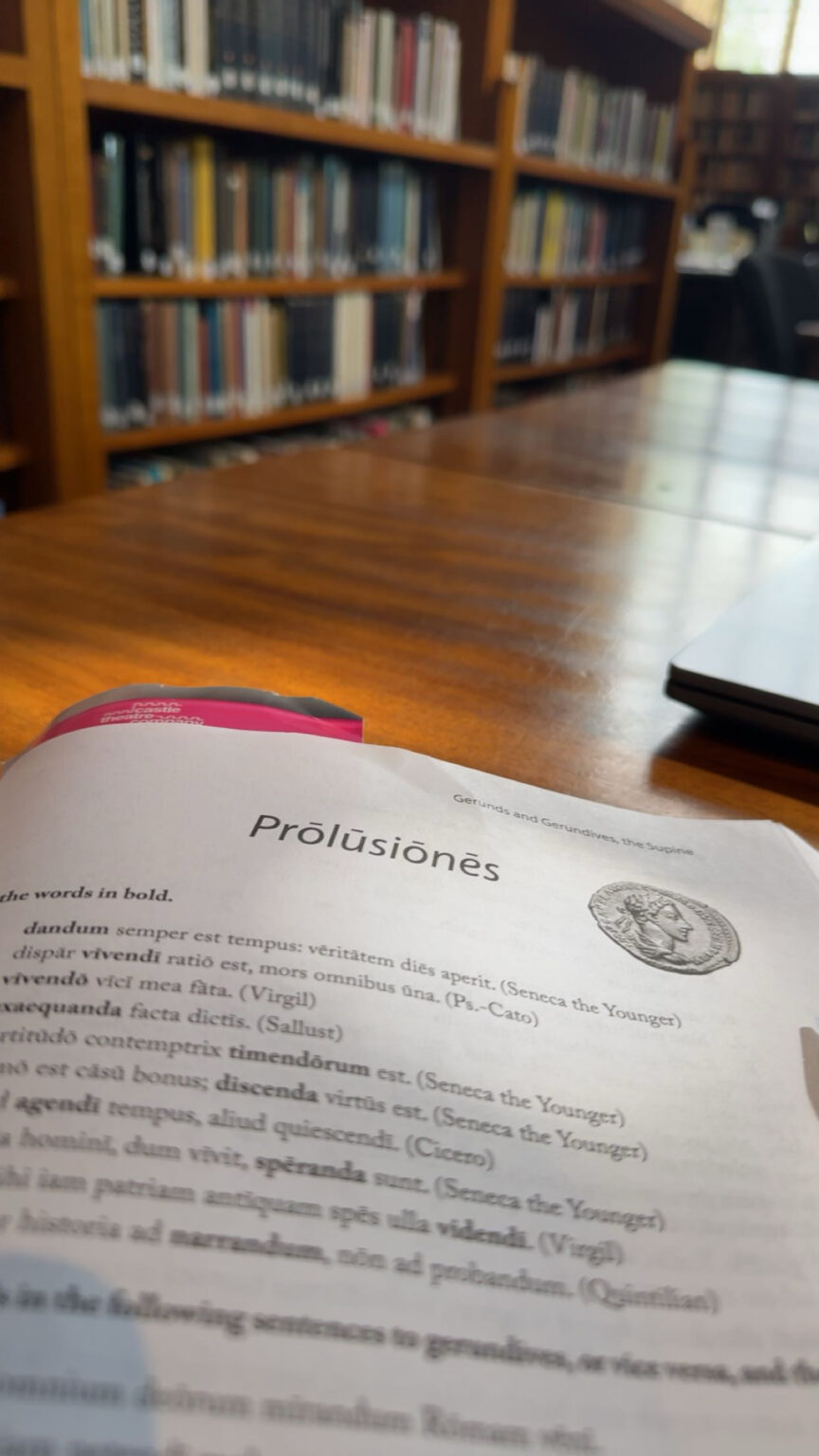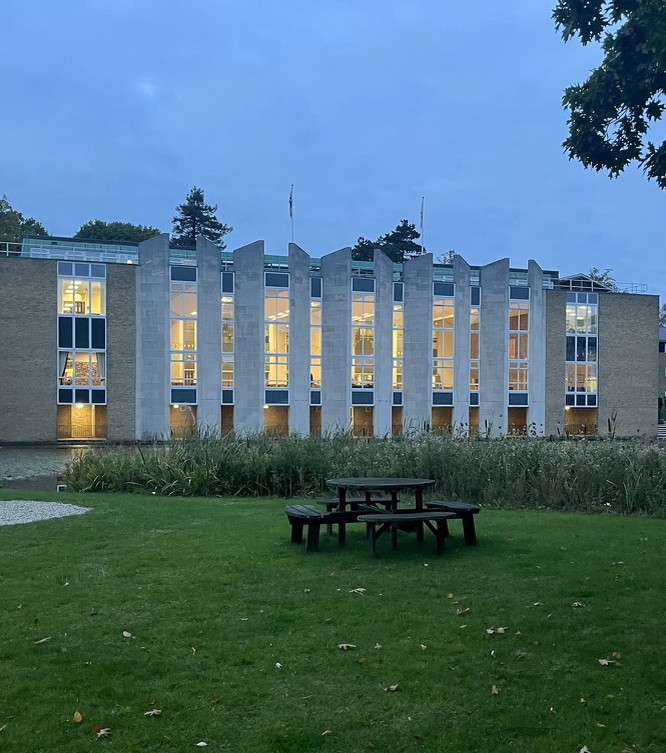Modern Languages and Cultures (MLAC) is one of the most open and varied degrees you can study. I wanted to talk about what the degree can involve at Durham, and the year abroad built into the course.
What is MLAC and why you might want to study it?
When I chose to study French and Spanish, it was because I felt like a bit of an all-rounder, and I thought it would keep my options open. Having done most of my degree, that plan has held up pretty well. I feel like my post-uni employment options are varied, and I’ve learned a lot about not just the languages I’ve learnt, but a huge variety of cultural topics. My degree is a bit like learning French and Spanish and then doing a whole extra humanities degree at the same time. That means I do a lot of grammar and speaking practice, of course, but also a lot of literature, film, political analysis, history, philosophy, music, ecology and so on and so forth. You can basically choose which areas of the humanities might be interesting to you and follow those paths alongside your pure language studies.

Is Durham good for languages and cultures?
The MLAC course at Durham is great in this way because it really allows you to focus on what interests you about the subject. Some people are really focused on the language-learning element of the course, so grammar, translation, interpreting and things like that. I personally love the cultural side, and I’ve been able to concentrate more on topics like postcolonialism and philosophy, particularly in my second and final years. I have lectures and seminars based on reading that challenges me to consider new ideas I’ve never encountered before.
I’ve especially enjoyed taking part in the MLAC decolonising group and learning about perspectives I’ve never had the chance to study before uni, it’s been really valuable to my studies and also in my everyday life. Learning about languages is about learning new perspectives, which is partly why the cultural element is so important. I’ve been able to explore so many different perspectives in this course, and I feel like it’s enriching to study them in this way.
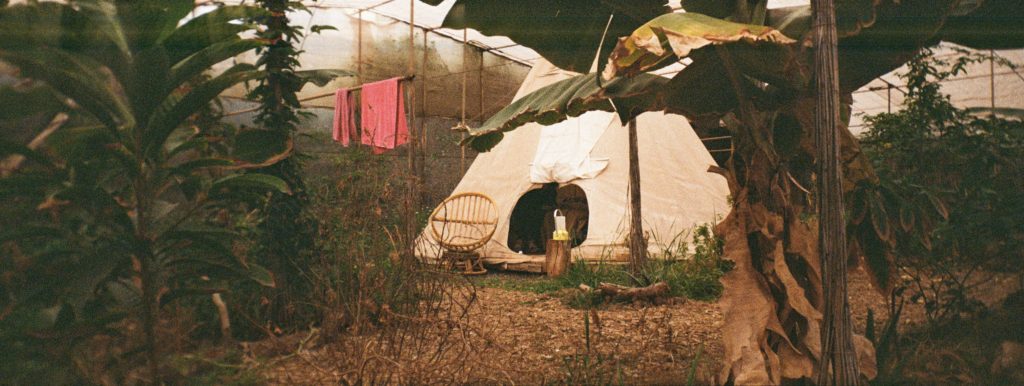
The year abroad
Obviously, the most exciting (and terrifying) part of studying languages and cultures is the year abroad. I studied at a university in La Laguna, Tenerife for 4 months (mostly doing art history modules), and then went to Paris from February to July to intern at a French Language and Culture school for refugees. Both places were incredible, both very different from each other and from the UK, and both taught me a lot of life skills that I wouldn’t be the same person without.
I really got up to speed with any language learning I’d missed by focusing super hard on cultural studies, but the year abroad is a cultural project in itself. We do a research project (about pretty much anything we want to research) during the year abroad. Mine were both on visual art and colonialism, and they helped give me some direction for how to spend my free time and where to explore (you can spend a lot of time at museums in Paris). It’s not always an easy experience, but I got a lot of support from the uni to help keep me sane amidst a lot of language confusion and French pastries!
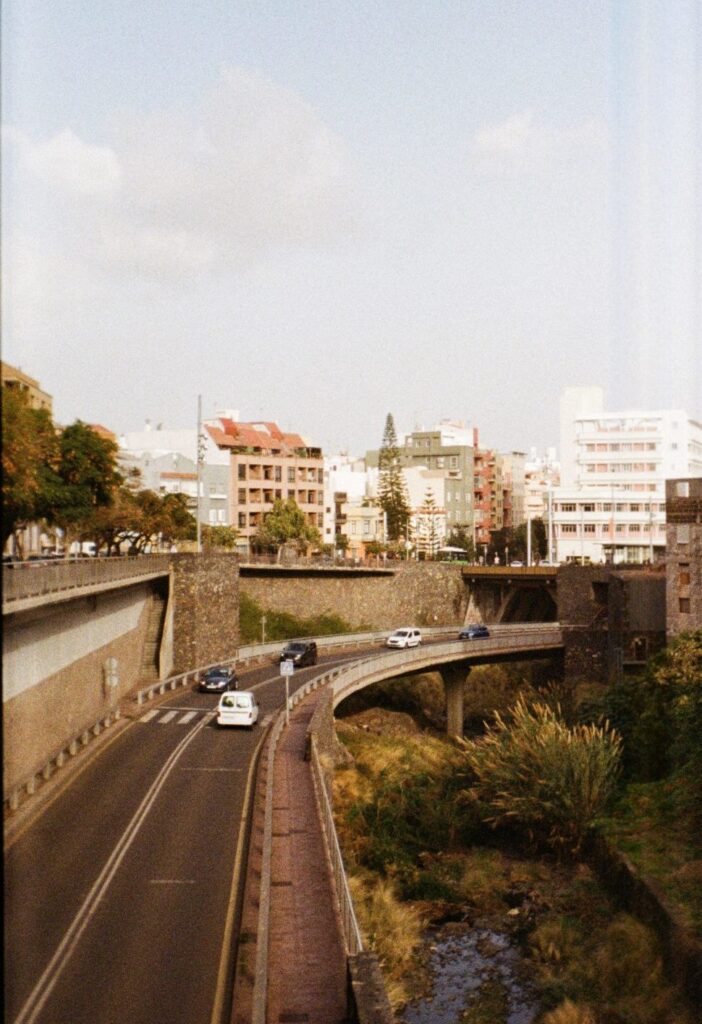
Discover more
With Complete University Guide 2022 as high as 3rd for Arabic, Chinese and Japanese Studies and 5th for Italian, German and Hispanic Studies, the School of Modern Languages and Cultures offers expertise in a wide range of subjects, including language, literature, cultural history, cinema and visual culture, and translation.
The School also hosts the BA in Visual Arts and Film and has forged a ground-breaking partnership with the BFI bringing students the unique opportunity to learn from industry experts along with University-wide access to the BFI Player.
Feeling inspired? Visit our Modern Languages and Cultures webpages for more information on our undergraduate and postgraduate programmes.
Create your own personalised prospectus here
Follow our students on Instagram, TikTok and YouTube



